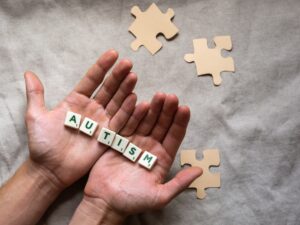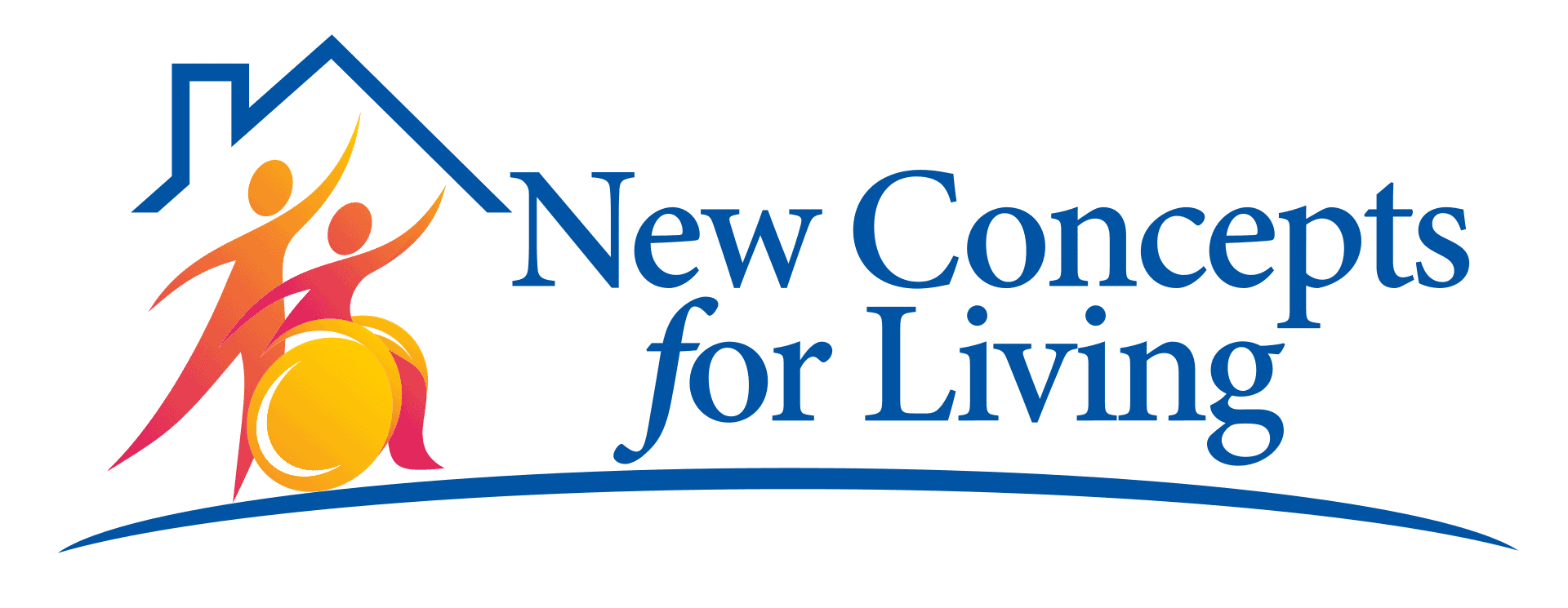
What Is Severe Autism? Understanding Autism Severity Levels and Symptoms
Autism—more accurately known as autism spectrum disorder (ASD)—is a neurodevelopmental disorder that affects how people communicate, behave, learn, and interact with others. Autism is referred to as a “spectrum” disorder due to the extensive range of symptom types and severities that individuals may experience, all of which can impact a person’s social interactions, communication, and behaviors. In this article, we’ll explore autism spectrum disorder, its severity levels, and how to determine the severity of autism in an individual in greater depth.
Autism Severity Levels: From Mild to Severe
The severity of autism ranges from mild to severe and is primarily based on the amount of support an individual requires, as some individuals need more support than others. To understand the spectrum of autism, it is essential to know about the autism severity levels, as specified in the Diagnostic and Statistical Manual of Mental Disorders (DSM-5):
- Level 1 – Mild (Requiring support)
- Level 2 – Moderate (Requiring substantial support)
- Level 3 – Severe (Requiring very substantial support)
Severe Autism Symptoms: What Sets It Apart?
Individuals with severe—or Level 3—autism often experience greater challenges in social interactions, communication, and behaviors compared to those with mild or moderate autism. Symptoms of severe autism include:
- Limited or no verbal communication
- Difficulty understanding and responding to social cues
- Repetitive and restricted behaviors, interests, or activities
- Self-injurious behavior, aggression, or extreme tantrums
- Significant sensory sensitivities
- Difficulty with daily living skills and self-care tasks
How To Determine the Severity of Autism
A comprehensive evaluation by a qualified professional is necessary to diagnose autism and determine its severity. An autism severity test typically involves assessing an individual’s social communication abilities, restricted and repetitive behaviors, and adaptive functioning.
One widely used tool for evaluating autism severity is the Autism Severity Scale mentioned earlier, which provides clinicians with a standardized method for assessing the severity of autism symptoms. Additionally, there is a Modified Checklist for Autism in Toddlers (M-CHAT-R) screener offered by Autism Speaks that asks questions about your child’s behavior and can help you determine whether you should seek further evaluation from a healthcare provider.
How Common Is Severe Autism?
Severe autism is less common than milder forms of autism spectrum disorder. According to the CDC, 1 out of every 36 children has been identified with ASD and about one-third of those individuals have an intellectual disability, which is more common in cases of severe autism. However, it is essential to remember that each person with ASD is unique, and their abilities and needs may vary, so knowing exactly how common severe autism is can be difficult.
Support for Individuals With Severe Autism
For individuals with severe autism, support is crucial to improving their quality of life. This can involve various resources, such as:
- Educational programs tailored to the individual’s needs
- Therapies like occupational, speech, and behavioral therapies
- Safety equipment and adaptive tools
- Transitioning to adult services for continued support in adulthood
- Encouraging an inclusive environment for individuals with intellectual and developmental disabilities (IDD) to live long, fulfilling lives
Understanding severe autism and its associated challenges is vital for providing appropriate support and resources to individuals and their families. By increasing awareness and acceptance and offering the necessary assistance, individuals with severe autism can lead meaningful and fulfilling lives.
April is Autism Awareness Month, but in recent years there has been a shift in focus to start calling it Autism Acceptance Month. This shift is primarily to focus on supporting and accepting individuals with ASD and the different ways their brains work instead of raising awareness for autism as if it is a disease to be cured.
At New Concepts for Living (NCFL), we proudly celebrate Autism Acceptance Month in April. We continue to fulfill our mission to serve individuals with intellectual and developmental disabilities year-round. It is the fundamental force that makes us the premier community for adults with IDD in New Jersey. We are committed to caring for and nurturing adults challenged with special needs so they can attain their highest level of wellness, independence, and achievement. This includes supporting and accepting individuals with autism spectrum disorder and providing them with the resources they need to be successful and live long, fulfilling lives. In addition, NCFL has an Adult Achievement Center Day Program that offers the most robust and diverse calendar of activities for those we serve. We understand that a busy and productive life is the key to leading a fulfilling life and promoting mental health. You can learn more about the work we do, make a donation to support our mission, contact us for more information, or request placement for a loved one today!
